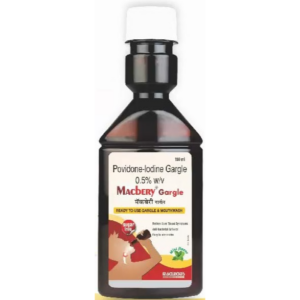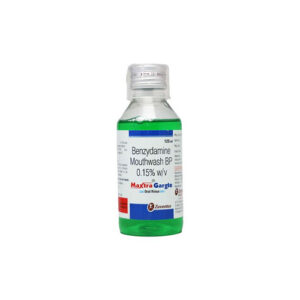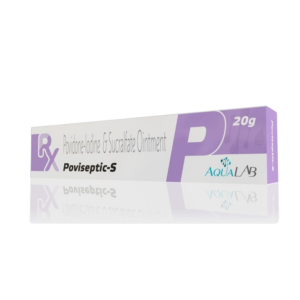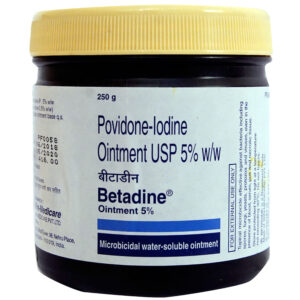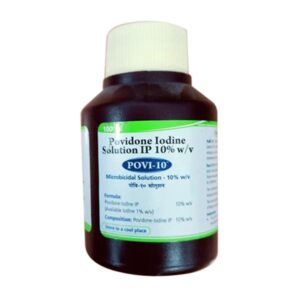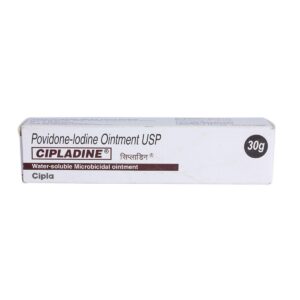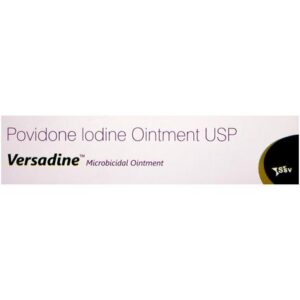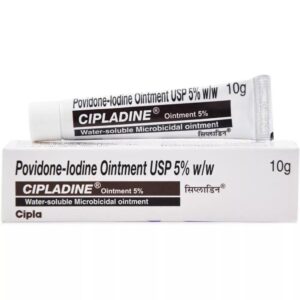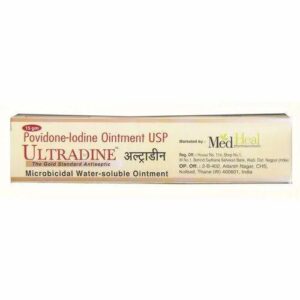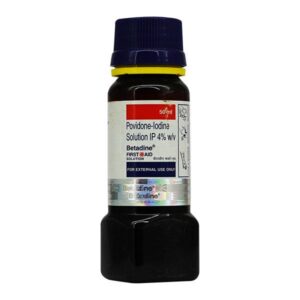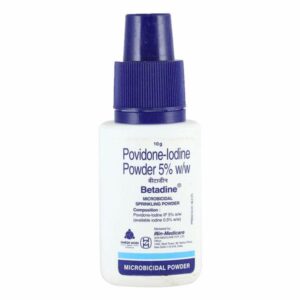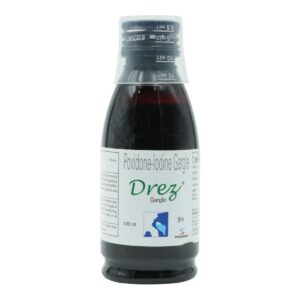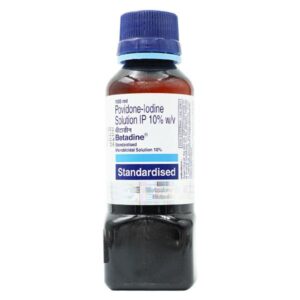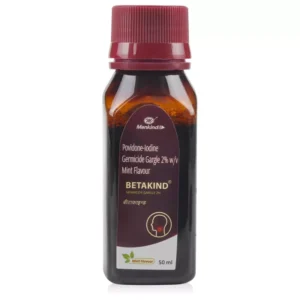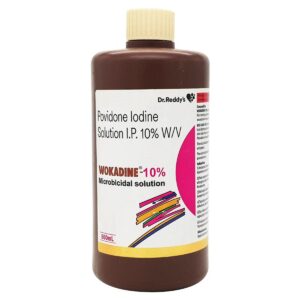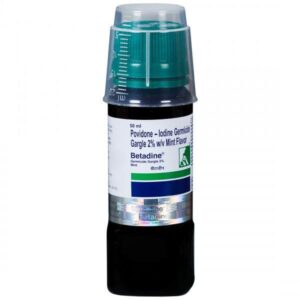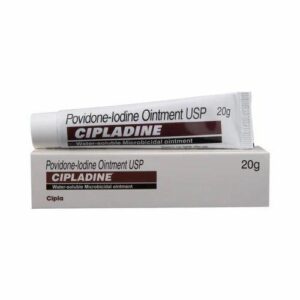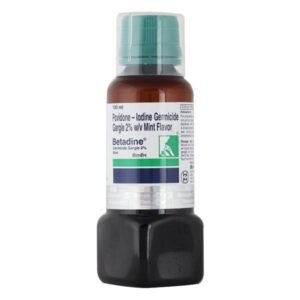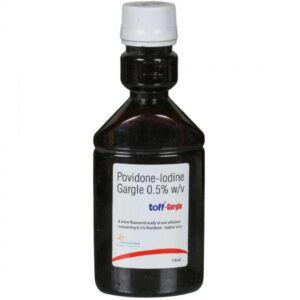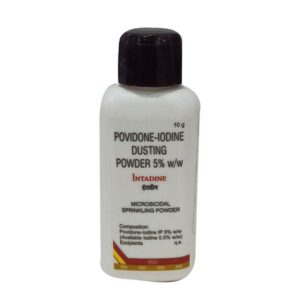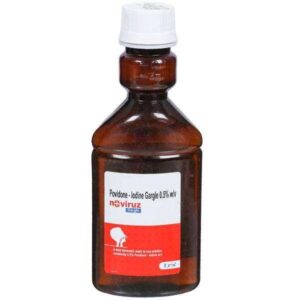POVIDONE IODINE
POVIDONE IODINE: Povidone iodine is an antiseptic and disinfectant medication that is commonly used to prevent infection in wounds, cuts, burns, and minor surgical procedures. It is available in various forms such as solution, ointment, and surgical scrub.
The main active ingredient in povidone iodine is iodine, which has powerful antiseptic properties. Povidone, also known as polyvinylpyrrolidone, acts as a carrier for iodine and helps to slow down its release, allowing a sustained antimicrobial effect.
When applied to the skin or mucous membranes, povidone iodine exhibits a broad spectrum of antimicrobial activity against bacteria, viruses, fungi, and protozoa. It works by damaging the cell walls and proteins of microorganisms, preventing their growth and ultimately killing them. Povidone iodine also helps to reduce inflammation and promote wound healing.
The dose of povidone iodine depends on the form and concentration of the product being used. For minor cuts and wounds, it is typically applied topically in a solution or ointment form. Surgical scrub products are used to cleanse the hands and skin before surgery procedures. It is important to follow the instructions provided by the healthcare professional or the product label.
Side effects of povidone iodine are generally rare and occur mostly with prolonged use or in individuals with iodine sensitivity. Common side effects include skin irritation, itching, redness, swelling, and a burning sensation at the application site. In some cases, povidone iodine may cause allergic reactions, such as hives, rash, or difficulty breathing. If any severe or persistent side effects occur, medical attention should be sought immediately.
It is essential to avoid using povidone iodine on deep wounds, large burns, or on pregnant women without consulting a healthcare professional. Povidone iodine should also be used cautiously on individuals with thyroid disorders or iodine allergies.
Overall, povidone iodine is an effective antiseptic agent commonly used to prevent and treat infections in various minor wounds, cuts, burns, and during surgical procedures. It is widely available over-the-counter and is commonly used in healthcare settings due to its broad-spectrum antimicrobial activity and low risk of resistance development.

